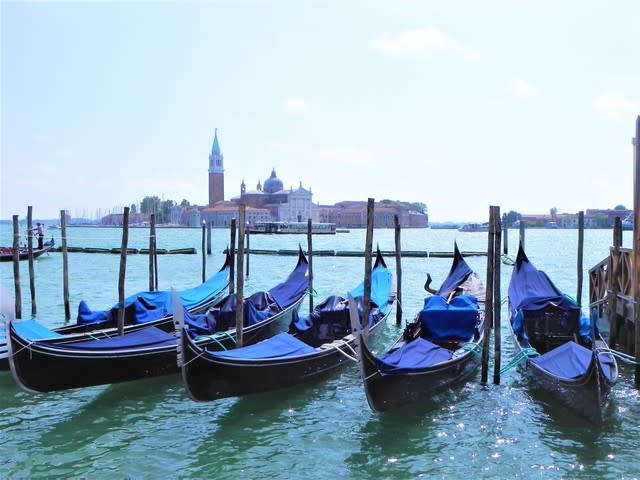
The Limits of Democracy Seen from Hereditary Politics - The Unsettling Desperation Enveloping Japanese Politics.
In this new cabinet, 8 out of 20 members, including Prime Minister Kishida, are hereditary lawmakers.
That's a staggering 40% of the cabinet.
It's like a hereditary monarchy in Japan.
Can we truly call this country a modern nation built on "freedom, democracy, and the rule of law"?
These successors of "family business politicians," entirely disconnected from the world's third-largest economy, engage in analog-style factional politics led by hereditary politicians who resemble Goldilocks.
When did our nation descend into this state?
Back when I studied in the United States, I often wished I were born American.
Despite both being democratic nations, expecting Japanese people to share the same values as Americans is futile, given that Japanese national character remains rooted in the feudal era.
In essence, Japan is merely a democracy in form.
Reflecting the will of numerous citizens in governance is physically impossible, so we've entrusted the management of the country to members of the parliament.
However, these entrusted lawmakers tend to overestimate themselves and believe they are superior to the very people they represent.
This may be Japan's distinctive feature, for better or worse.
To change Japan for the better, the nation should have adopted a "presidential system" that allows citizens to directly elect the country's leader.
Instead, we settled for the half-hearted "parliamentary cabinet system."
As a result, the Prime Minister, who leads the executive branch, is also the leader of the largest party and, in practice, the head of parliament.
It creates a distorted structure where the head of the executive government, the Prime Minister, serves as the head of the legislative branch, the parliament.
Legally, the Speaker of the House of Representatives is the head of the legislative branch, but the Prime Minister holds the power to appoint them.
Furthermore, the Prime Minister has control over the appointments of the Chief Justice of the Supreme Court and the Governor of the Bank of Japan.
Ultimately, Japan's parliamentary cabinet system has rendered concepts like separation of powers almost meaningless.
In a presidential system, citizens can directly choose the head of the executive government, but in Japan's parliamentary cabinet system, they can only elect members of parliament.
They have no say in selecting the Prime Minister.
Regardless of the system's flaws, should we allow one individual, the Prime Minister, to consolidate all national powers?
In Japan, even the Speaker of the House of Representatives and the Chief Justice of the Supreme Court, while important, pale in comparison to the Prime Minister in terms of power and influence.
In an authoritarian state, this might be acceptable, but is it right to entrust the lives and well-being of over 100 million people who value "freedom, democracy, and the rule of law" to a single Prime Minister?
In the pre-information revolution era, there may have been no efficient way to aggregate the thoughts and opinions of many individuals, but today, in an age of advanced information and communication technology, direct democracy is possible.
So, why do we continue to replace the names and achievements of countless individuals with those of a single national leader?
While a system where the top takes responsibility and even commits seppuku (a form of ritual suicide) would be more acceptable, having hereditary lawmakers and politicians who rise through the ranks take turns at the top is far from satisfactory for the citizens.
Furthermore, we don't need outdated representative systems that simulate as if one person is governing the nation, especially in our information-driven society.
How many people have suffered and been pushed to the brink of despair or death because leaders, inflated by meaningless representative systems, believed themselves to be gods or kings?
I urge you to recall history.






















